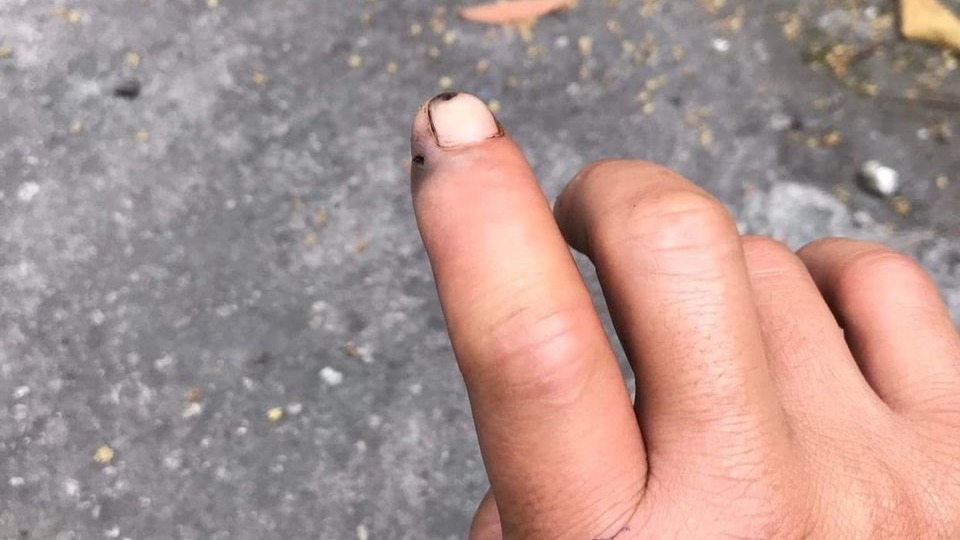Hidden Dangers: Snake Bites from Toilets
Understanding how snakes enter bathrooms, the health risks they pose, and how to stay safe
Snake encounters in toilets may seem like urban legends, but these incidents are real and increasingly reported around the world. Snakes, both venomous and non-venomous, can enter homes through sewer systems and plumbing infrastructure, hiding inside toilet bowls or bathroom drains. The danger becomes immediate when someone unknowingly sits or reaches near these hiding spots.
This article explores real-life cases, the science behind how these encounters happen, the medical risks involved, and how to prevent and respond to such situations safely.
Documented Global Incidents
Thailand: Python Bites Man in Toilet
In August 2024, a man in Samut Prakan, Thailand, was bitten on the testicles by a 12-foot python hiding in his toilet. Though the python was non-venomous, the man was hospitalized for tetanus prevention and minor injuries. This event, widely reported in local and international media, reignited concern about the frequency of such occurrences in Southeast Asia.
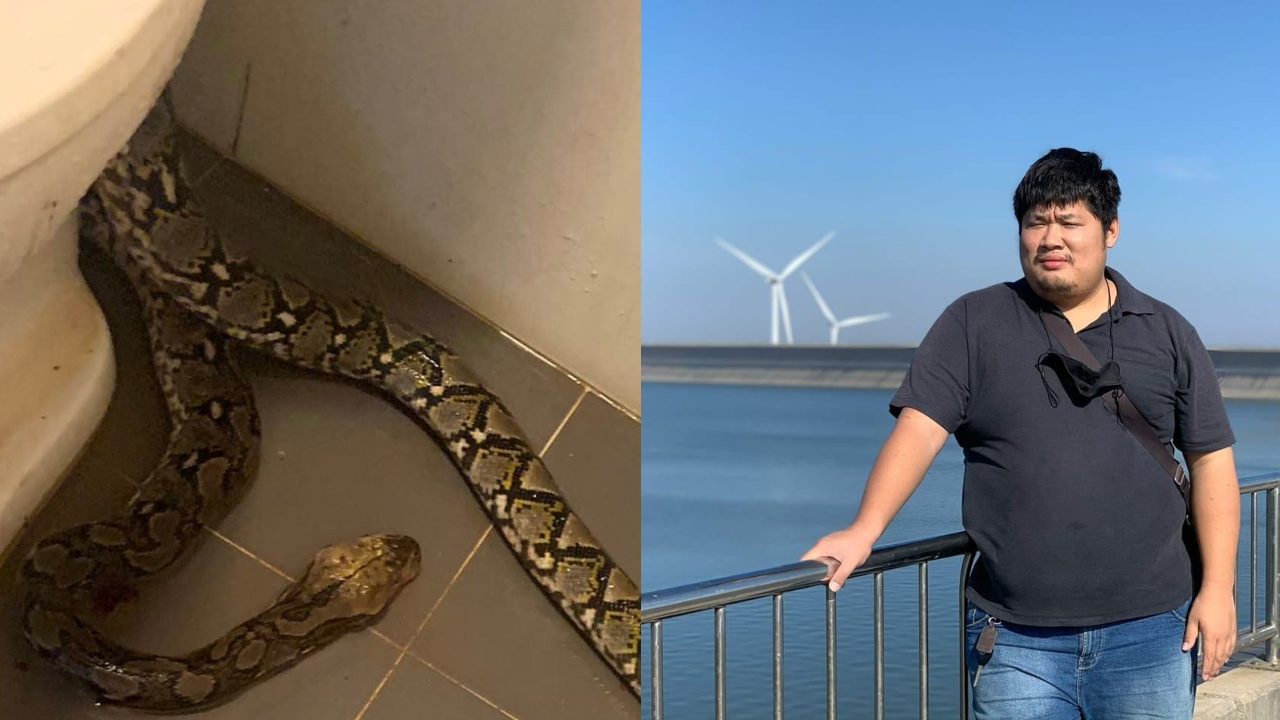
South Africa: Cobra Bite During Safari
A Dutch tourist on safari in South Africa was bitten by a highly venomous Cape cobra while using a rustic outdoor toilet. The snake had hidden in the bowl, and the bite caused severe tissue necrosis. The victim required multiple surgeries, including full genital reconstruction. He recovered after being airlifted to a trauma center and receiving emergency antivenom and antibiotics.
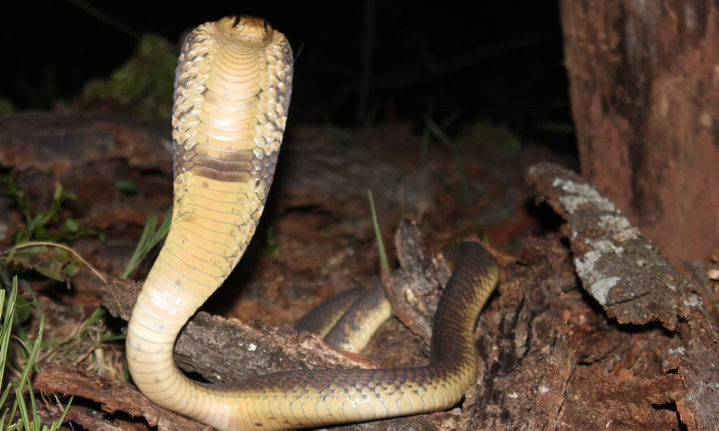
Australia: Carpet Python in Brisbane
In Brisbane, a woman was bitten on the thigh by a carpet python coiled under her toilet seat. Though non-venomous, the bite caused deep puncture wounds and emotional distress. Local snake catchers later confirmed the python likely entered through roof ventilation or floor-level gaps.
United States: Rat Snake Incident in Texas
In Cedar Creek, Texas, a woman discovered a rat snake inside her toilet after being bitten while sitting down. Fortunately, the snake was non-venomous. Authorities warned local residents to inspect bathrooms during snake season and check for plumbing vulnerabilities.
Southeast Asia: Recurring Cases
In Malaysia and Thailand, several incidents involved both pythons and cobras entering homes during rainy seasons. In some rural areas, such incidents are underreported due to lack of public infrastructure or awareness.
How Snakes Enter Bathrooms
:max_bytes(150000):strip_icc():focal(1038x699:1040x701):format(webp)/Homeowners-Spy-Snake-Toilet-050325-04-218695298b7242b59cc811a9c3e5ab01.jpg)
Snakes are highly adaptable and can enter human environments in the following ways:
- Sewer systems: In areas where plumbing connects directly to outdoor septic tanks or poorly sealed sewer lines, snakes can slither upward through pipes and emerge in toilets.
- Ventilation shafts and open drains: In tropical and rural homes, especially with open-air plumbing, snakes may enter through ceiling vents, rooftop gutters, or ground-level drains.
- Broken plumbing or structural gaps: Snakes can exploit cracked tiles, worn pipes, or gaps between floors and walls to move through structures unnoticed.
Poorly maintained facilities in public parks, cabins, or outdoor toilets are especially vulnerable to these types of intrusions.
Types of Snake Bites and Their Effects
Non-Venomous Bites
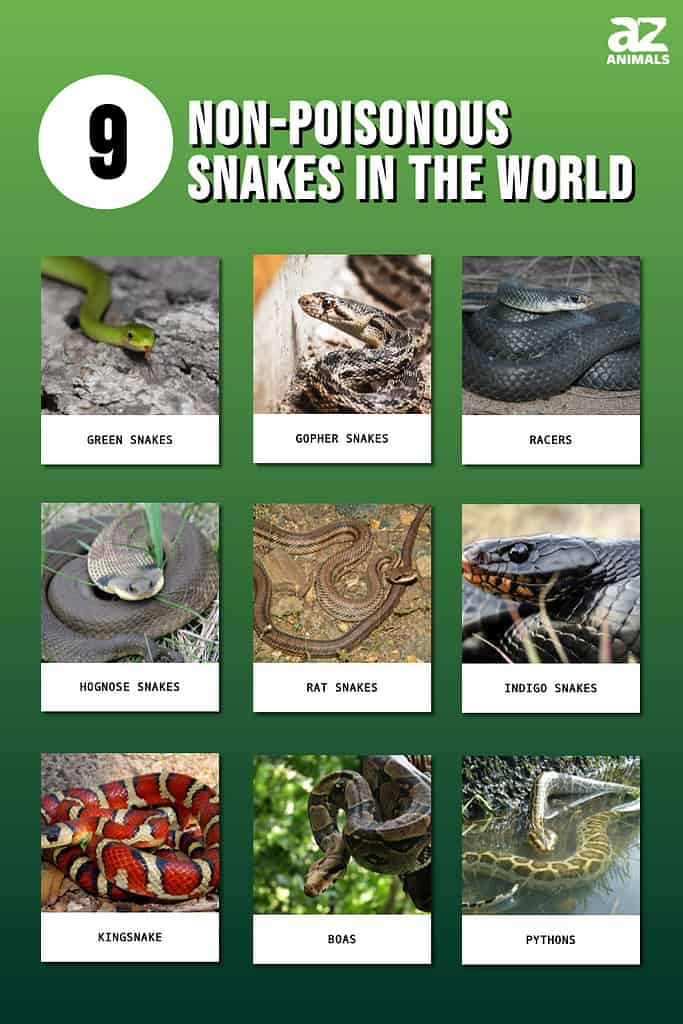
Snakes like pythons, rat snakes, and corn snakes do not inject venom, but their bites can still cause:
- Painful puncture wounds
- Localized swelling or bleeding
- Bacterial infection, if untreated
- Psychological trauma, including fear or phobia
Venomous Bites

Species like cobras, kraits, and vipers are highly dangerous. Their bites can result in:
- Neurotoxic effects: Difficulty breathing, paralysis, blurred vision (typical of cobra or krait venom)
- Hemotoxic damage: Severe swelling, tissue death (necrosis), internal bleeding (often from vipers)
- Permanent injury: Including the need for skin grafts, amputations, or reconstructive surgery
- Potential fatality: Especially if antivenom is not administered in time
Prompt medical intervention is essential in all cases.
First Aid for Snake Bites in the Bathroom
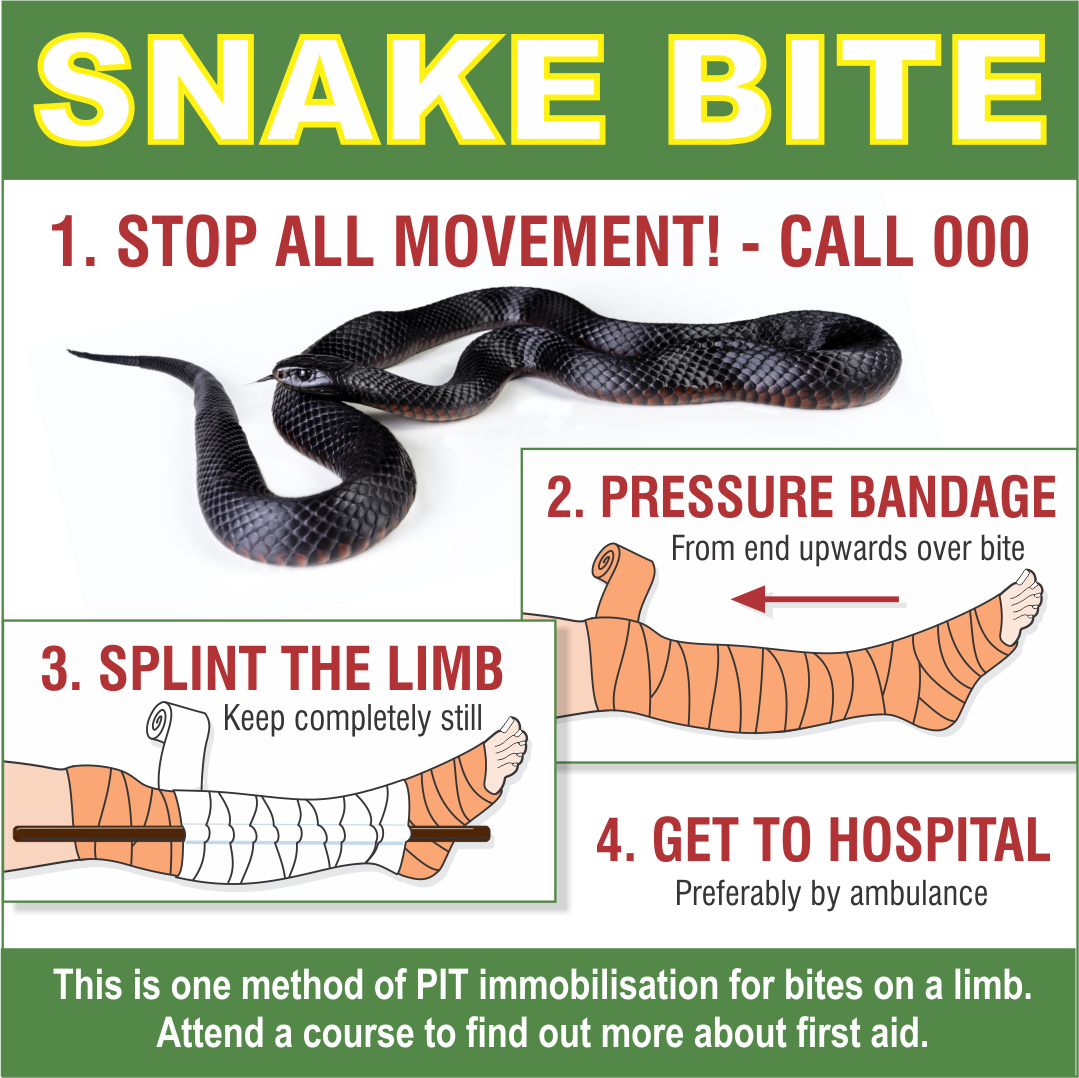
What to Do Immediately
- Stay calm to slow venom circulation.
- Avoid movement of the affected limb.
- Keep the bite below heart level, if possible.
- Do not apply tourniquets, cut the wound, or suck out venom.
- Call emergency services or get to a hospital with antivenom quickly.
Time is a critical factor. The sooner antivenom is administered, the lower the risk of serious complications.
Medical Treatment and Recovery
Once at a medical facility:
- Doctors will clean the wound and monitor for signs of allergic or systemic reactions.
- If venom is detected or suspected, antivenom will be administered based on the species involved.
- Supportive treatments may include pain management, IV fluids, antibiotics, and surgical intervention if necrosis develops.
In severe cases, particularly those involving genital bites or facial regions, reconstructive surgery may be needed, often over multiple procedures.
Psychological and Emotional Impact
Many snakebite survivors report long-lasting trauma, especially when attacks occur in intimate or vulnerable situations like using the toilet. Symptoms may include:
- Anxiety or panic attacks
- Sleep disturbances
- Post-traumatic stress disorder (PTSD)
- Reluctance to use bathrooms unaccompanied or in darkness
Psychological support and counseling can help mitigate long-term effects.
How to Prevent Snakes from Entering Toilets
Home Safety Tips
- Close toilet lids when not in use.
- Install mesh covers on roof vents and drainpipes.
- Check for gaps around pipes, doors, and floors, sealing them properly.
- Use toilet bowl lights or mirrors to inspect before sitting.
- Install non-return valves in plumbing systems where possible.

Outdoor or Rural Precautions
- Keep bathroom areas clean and dry.
- Avoid storing wood piles or vegetation near bathroom walls.
- Educate household members and report all snake sightings to local wildlife control services.
In areas with high rainfall or seasonal flooding, snake movement into homes increases significantly. Additional vigilance is needed during these times.
Government and Health Agency Recommendations
According to public health departments in countries like India, Thailand, and Australia:
- Local clinics should stock region-specific antivenom year-round.
- Public health campaigns should focus on educating rural communities during monsoon seasons.
- Snake rescue professionals should be contacted for removal, not homeowners.
Conclusion
Snake bites in toilets are rare, but real. When they do occur, they can have devastating physical and psychological consequences. The best defense is preparation: secure your home, inspect your bathroom, and educate yourself and your family about first aid. By understanding the risk, you can prevent the worst.
Sources
- Snake bites man in toilet – Bangkok Post
- 12-foot python bites Thai man in toilet – New York Post
- Dutch tourist bitten by cobra – Business Insider
- Australian woman bitten by python – TIME
- Snake in Texas toilet bites woman – KXAN
- Snakebite treatment overview – WHO
- List of reported snakebites – Wikipedia
